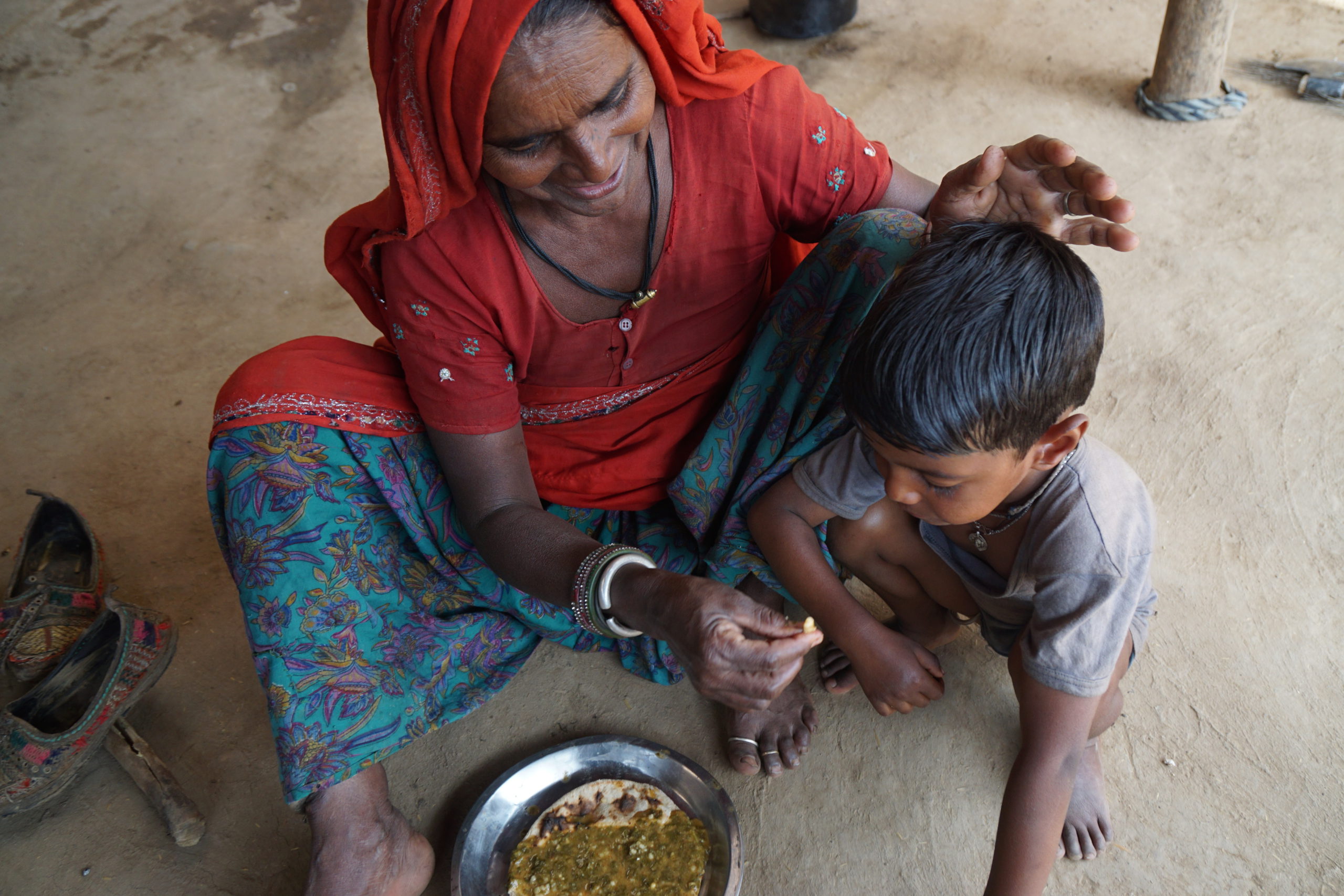IN India, countless children, both in bustling cities and remote villages, face a daily struggle for survival. These young souls battle not only for their lives but also for a chance at a healthy future. Sadly, even if they manage to surpass their challenging childhoods, the scars of malnutrition often haunt them for life. Their families, living on the fringes of society, frequently grapple with starvation. The problem of hunger and child malnutrition is a grim reality in several Indian states, posing a significant challenge.
According to UNICEF’s 2019 World’s Children Report, a staggering 69% of child deaths under the age of five in India can be attributed to malnutrition. Shockingly, every other child under the age of five experiences some form of malnutrition, ranging from mild to acute. Addressing this crisis requires concerted efforts on multiple fronts:
- Promote Proper Nutrition: Encouraging breastfeeding during the first six months of a child’s life is crucial, as it provides essential nutrients and builds a robust immune system. Afterwards, introducing a balanced diet rich in proteins, vitamins, and minerals is essential.
- Supplement Programs: In areas with limited access to nutritious food, supplement programs providing vital nutrients like iron, vitamin A, and zinc can bridge nutritional gaps and prevent malnutrition.
- Access to Clean Water and Sanitation: Ensuring access to clean drinking water and promoting good hygiene practices are vital to prevent diseases that can exacerbate malnutrition.
- Support from NGOs: Collaborating with non-governmental organizations (NGOs) specializing in child nutrition can have a significant impact. Many NGOs run programs providing malnourished children with food, nutrition education, and healthcare.
The efforts of central and state governments, such as mid-day meal programs were showing promise before the pandemic. Midday meals were the primary source of nutrition for many children, served at schools throughout the Integrated Child Development Scheme (ICDS). Furthermore, NGOs like Annamrita, Akshay Patra, Turnstone Global, Isha Education, and Salaam Baalak Trust play a pivotal role in the fight against child malnutrition by providing mid-day meals and other forms of nutrition.
Despite these efforts, countless children continue to go to bed hungry, especially those from households reliant on daily wage work. Tragically, children die from diseases linked to malnutrition, while survivors often face poor overall development and learning outcomes. Malnutrition weakens their immune systems, rendering them vulnerable to infections, particularly during pandemics like COVID-19.
Food is a fundamental human right, yet millions of Indian children are deprived of it. The ongoing pandemic has exacerbated their precarious situations, affecting their health and overall development. NGOs are working tirelessly to distribute nutrition kits containing essential items like sprouts, pulses, health drinks, and fruits to underprivileged children nationwide. These nutritious provisions bolster their immune systems and reduce the risk of diseases. Donations, which cost as little as ₹1,000 per month, are urgently needed to help NGOs provide crucial aid to malnourished children.
Join the fight against hunger and malnutrition by supporting Give’s “Mission: No Child Orphaned.” Your contributions will enable Give to reach more needy children, offering them nutrition and a glimmer of hope for a brighter future.

Give exists to alleviate poverty by enabling the world to give. Established in 2000, Give, together with its partners, is the largest and most trusted giving platform in India. Give enables individuals and organizations to raise and donate funds conveniently to any cause they care about, with offerings including crowdfunding, corporate giving, cause marketing, and philanthropy consulting. Give’s community of 2.6M+ donors supports 3,000+ verified nonprofits, serving 15M+ people across the country.
Discover more from Give.do
Subscribe to get the latest posts to your email.


Leave a Reply